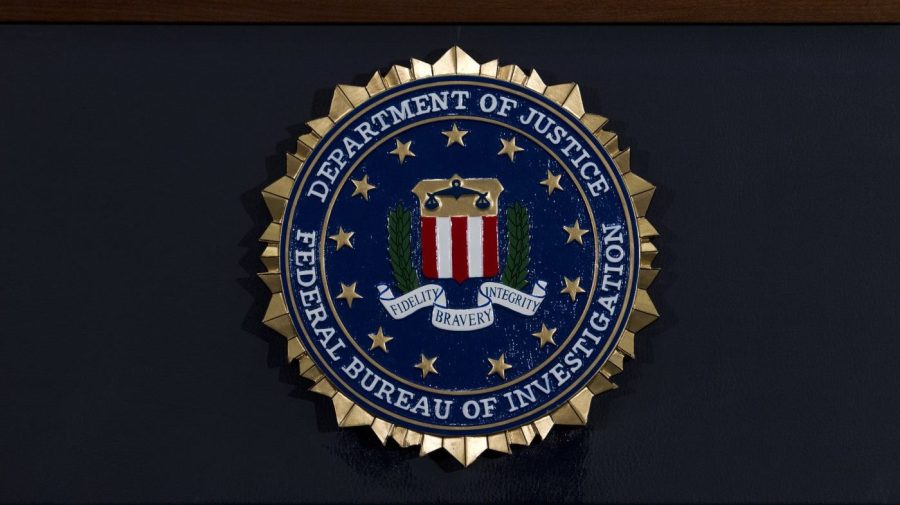[ad_1]

Two former Senate counsels agreed in a New York Times op-ed published Friday that President-elect Trump’s nominations for his Cabinet need to undergo FBI checks.
Some advisers to the president-elect have suggested taking the job of conducting background checks for high-level nominees away from the FBI and give it to private investigators, but other Republicans are balking at that proposal.
“Without nominees being scrutinized by the F.B.I., the danger is that neither lawmakers nor the public would know whether they are trustworthy or have issues that could compromise their ability to do the job or their loyalty to the United States,” wrote Noah Bookbinder, who served as counsel for Democrats on the Senate Judiciary Committee from 2005-13, and Gregg Nunziata, who served as a counsel for the GOP members of the committee from 2005-08.
The Associated Press reported last week that the Trump transition team had not signed the requisite agreements with the White House or Department of Justice to allow the FBI to conduct background checks on the nominees, which could mean the Senate could continue with the confirmation hearings without the nominees undergoing the usual background checks.
“Efforts to bypass F.B.I. background checks and even Senate confirmation itself via mass recess appointments, made by the president when the Senate is not in session, never would have flown with past iterations of the Judiciary Committee, regardless of which party was in charge. The Senate shouldn’t stand for it now,” Bookbinder and Nunziata wrote.
Republicans have been grappling with the possibility that Trump could prompt a constitutional crisis and set a dangerous precedent by with recess appointments to appoint controversial Cabinet nominations — an idea that could test the president-elect’s limits of his constitutional authority.
Some Republican senators and aides, however, say Trump allies who claim he would have power under Article 2, Section 3 of the Constitution to force an extended recess next year — allowing him to fill key positions without having to go through the Senate’s confirmation process — don’t understand how Congress really works.
“In our time working on the Judiciary Committee, we reviewed hundreds of nominations. Many nominees, like many Americans, had minor issues — isolated drug use, fights, bad employment experiences — but most of those incidents, while not ideal, never rose to the level of further investigation,” the two former counsels wrote.
“When there were more significant issues, we handled them together, Democrats and Republicans, confidentially, so there would never be a question of our using people’s backgrounds for partisan gain,” they continued.
Then, Bookbinder and Nunziata said, it would be up to the Senate to decide whether the information would impact their votes — more than “merely a matter of formal process,” Bookbinder and Nunziata wrote.
The duo urged the Senate to “make clear” that nominations must undergo FBI checks before the confirmation votes.
“At a time when there are fewer and fewer meaningful checks on presidential power, the need for rigorous Senate consideration of nominees is all the more important. Without it, the president and his appointees could run roughshod over the government and over Americans’ lives with no one challenging them,” they wrote.
[ad_2]
Source link

